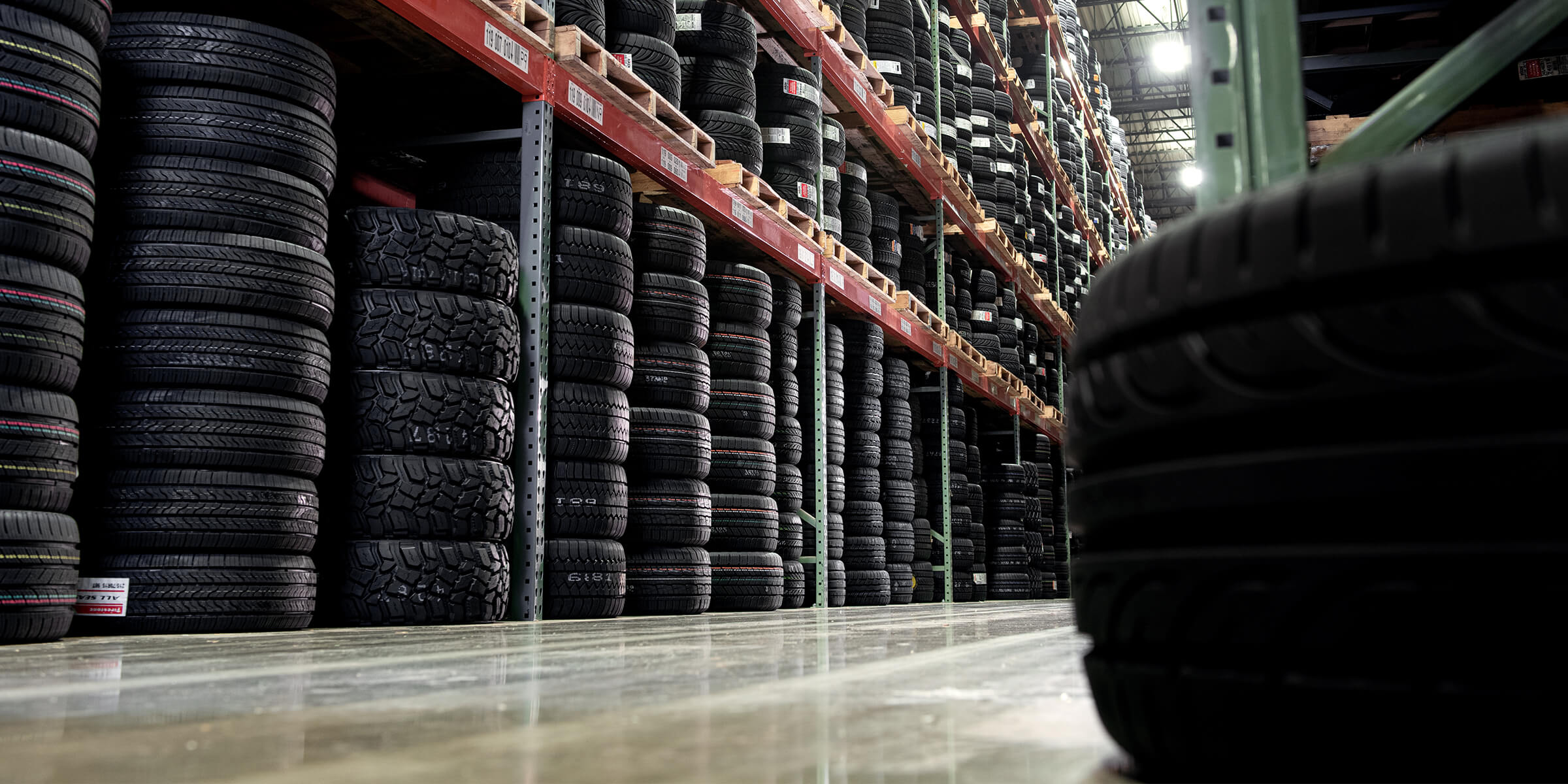Specialist Morris Tire and Alignment Providers: Guarantee a Smooth and Safe Drive
Specialist Morris Tire and Alignment Providers: Guarantee a Smooth and Safe Drive
Blog Article
Tire Solution: The Effect of Weather
When it involves ensuring optimum efficiency and safety and security when traveling, understanding the impact of climate problems on tire solution is critical. From scorching heat to icy roadways, each weather element can significantly influence tire functionality and total driving experience. By delving into the impacts of varying climate condition on tires, motorists can get beneficial insights that might improve their lorry's efficiency and durability. In this conversation, we will certainly discover the complex relationship in between weather condition problems and tire service, losing light on the importance of weather-specific tire maintenance techniques and considerations.
Heat and Tire Efficiency
When revealed to high temperature levels, tires experience adjustments in performance that can substantially influence automobile safety and handling. The warm produced from prolonged driving or warm weather condition problems triggers the tire rubber to soften, leading to reduced step life and enhanced wear.
Furthermore, high temperature levels can accelerate the procedure of tire aging, creating the rubber to wear away faster. This can result in cracks, protrudes, and other forms of damage that jeopardize the architectural honesty of the tire. To mitigate the effects of warm on tire performance, vehicle drivers ought to frequently examine their tire pressure, turn tires to guarantee even use, and inspect for any type of indications of damages. In addition, using tires especially developed to withstand heats can help keep ideal performance and safety on the roadway.
Winter Impacts
Cold climate conditions can have a substantial effect on tire performance and safety and security. As temperatures decline, tire rubber can set, resulting in decreased grip on icy or snow-covered roadways. In chilly weather condition, tires may additionally lose air stress more quickly, which can impact handling and fuel performance. Furthermore, cold temperature levels can trigger tire sidewalls to stiffen, increasing the danger of damage from pits or other roadway threats.
To mitigate the impacts of cool weather condition on tires, it is crucial to routinely check tire stress and inflate them to the supplier's advised levels. Utilizing winter months or all-season tires made for winter conditions can also enhance traction and hold on icy or snowy roads - tire shop morris. Correct tire upkeep, including normal examinations for wear and damages, comes to be much more essential during cooler months to guarantee optimal efficiency and safety and security
Rainy Issues Effect
Tires with damaged treads are a lot more prone to hydroplaning, where a layer of water constructs up in between the roadway and the tire surface, leading to loss of grip. To battle this, drivers need to consistently inspect their tires for appropriate walk deepness and think about investing in tires particularly made for damp problems.

Snow and Tire Safety
When driving in snowy conditions, having the appropriate tires can make a significant distinction in safety and security and performance. Wintertime tires are created with special rubber compounds and step patterns to provide far her response better traction on snow and ice contrasted to all-season tires.
Along with using wintertime tires, it is vital to guarantee they are properly pumped up. Winter can cause tire stress to go down, why not try here impacting traction and handling (mopar tire service specials). Frequently examining and keeping the proper tire pressure is essential for optimal performance in snowy conditions

Weather-Related Tire Upkeep
When faced with different weather, correct tire upkeep comes to be a crucial aspect of lorry safety and efficiency. Weather-related tire upkeep encompasses a variety of techniques focused on guaranteeing optimum tire feature and long life in different weather condition scenarios. One key facet of weather-related tire upkeep is tire stress regulation. Changing temperature levels can cause tire pressure to vary, impacting traction and fuel effectiveness. On a regular basis changing and inspecting tire stress according to supplier referrals is important for secure driving in changing weather. Furthermore, tire walk deepness plays a substantial function in taking care of various climate aspects. Tires with sufficient walk depth provide better grasp on wet or icy roadways, lowering the risk of skidding or hydroplaning. When walk wear reaches a particular deepness is vital for maintaining traction and stability in unfavorable weather, inspecting tire tread regularly and replacing tires. By prioritizing weather-related tire upkeep, motorists can improve safety, boost vehicle efficiency, and extend the life-span of their tires.
Verdict
In conclusion, weather condition conditions have a substantial effect on tire efficiency and safety (discount tires morris il). From warm influencing tire pressure and put on to cool climate minimizing traction, it is important to take into consideration the weather when maintaining and making use of tires.
In this discussion, we will explore the detailed partnership in between climate conditions and tire my response solution, dropping light on the relevance of weather-specific tire maintenance methods and factors to consider.

Report this page